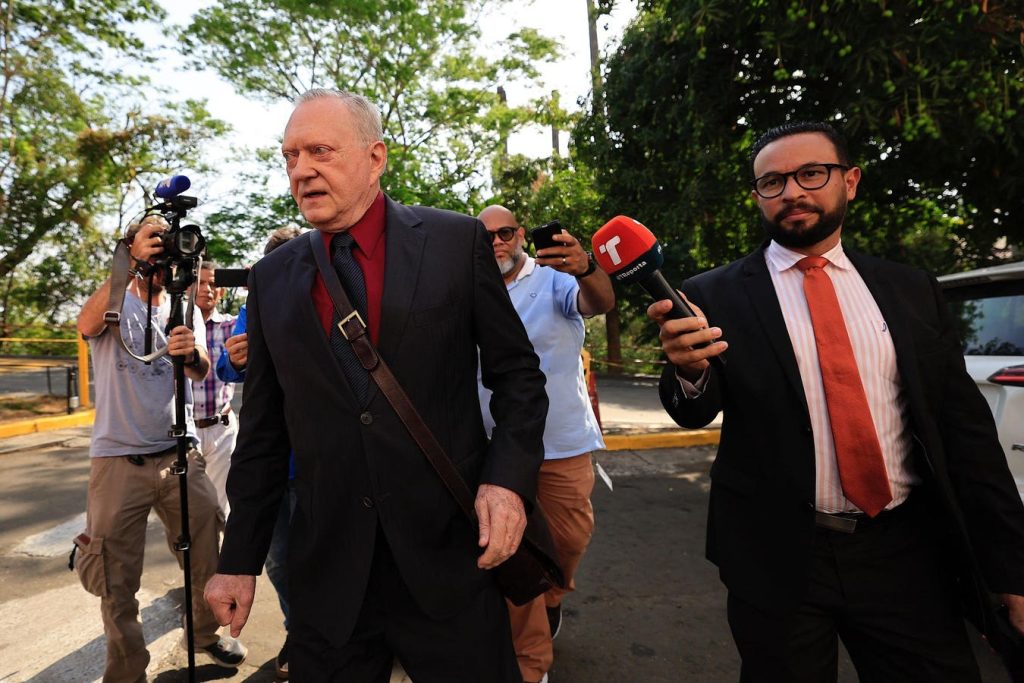In 2016, the release of the Panama Papers, a massive leak of 11.5 million confidential documents from Mossack Fonseca, a Panama-based law firm, caused a stir around the world. The leak exposed the offshore financial secrets of world leaders and public figures who allegedly used offshore companies to hide assets and evade taxation. The documents, which date back to 1977, were leaked to Süddeutsche Zeitung, a German newspaper, by an anonymous source. The ICIJ and hundreds of journalists then analyzed the documents, uncovering the illicit schemes.
The Panama Papers included files from Mossack Fonseca, a law firm that offered legal and trust services in various jurisdictions, including tax havens like Panama. The leak revealed the existence of 810,000 offshore companies, foundations, and trusts, highlighting the extent of offshore assets held by wealthy individuals. While owning offshore companies is not illegal, using them to evade taxes or hide assets from creditors is unlawful. The IRS warned taxpayers about unscrupulous promoters who lure individuals into placing assets in offshore accounts to avoid taxes, which can lead to severe legal consequences.
In response to the Panama Papers leak, Mossack Fonseca denied any wrongdoing and claimed that the release of the documents misrepresented their work. However, the fallout from the leak led to the firm shutting down and facing a money laundering trial in Panama. The trial, which began this week, includes 27 defendants, including Jürgen Mossack and Ramón Fonseca Mora, the founders of the law firm. If found guilty, they could face up to 12 years in prison. Mossack and Fonseca maintain their innocence and have denied any involvement in illegal activities.
The trial is expected to last until April 26th, as prosecutors present evidence of money laundering and tax evasion allegedly facilitated by Mossack Fonseca. The outcome of the trial could have far-reaching implications for the legal and financial industries, as it shines a spotlight on the use of offshore accounts for illicit purposes. It serves as a reminder to lawyers, accountants, and financial advisors to conduct proper due diligence when setting up offshore accounts to ensure compliance with legal and regulatory obligations.
The Panama Papers leak, along with other similar leaks such as the Pandora Papers and Paradise Papers, has sparked a global conversation about tax evasion and financial transparency. The records exposed in the leaks have led to investigations and prosecutions of individuals and entities involved in offshore schemes. The trial of Mossack Fonseca defendants is a significant development in holding those accountable for using offshore entities to avoid taxes and conceal assets. As the trial progresses, the world will be watching closely to see the outcome of this high-profile case and the implications it may have on the financial industry.


